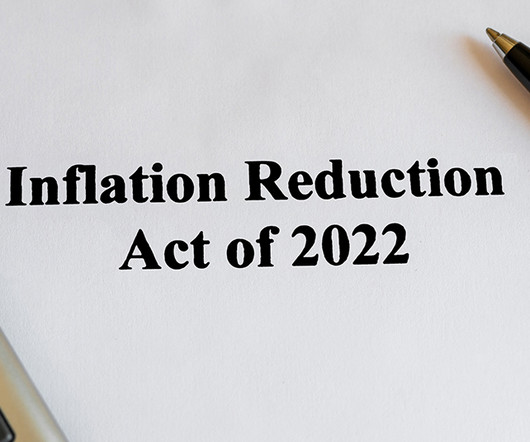Infrastructure Funding Will Improve Broadband Access for Telehealth & Combat Opioid Epidemic
HIT Consultant
JANUARY 5, 2022
However, as a board-certified physician in addiction medicine and chief medical officer of a nationwide addiction medicine practice, waiting on government funding was not an option as we treated patients struggling with opioid use disorder (OUD) during the COVID pandemic. We need to do more.











Let's personalize your content